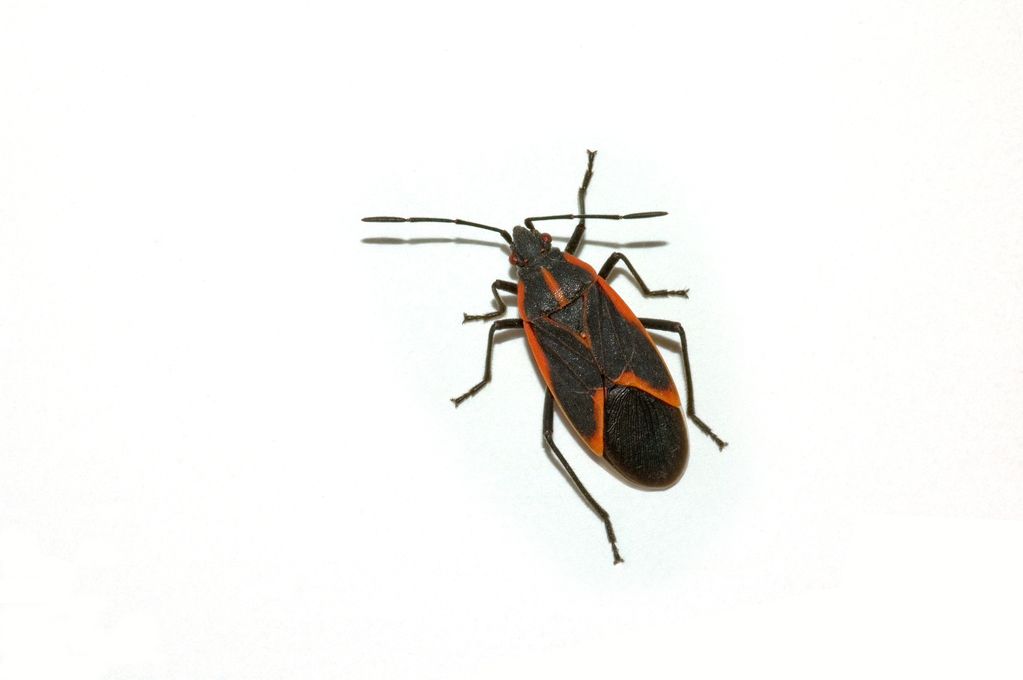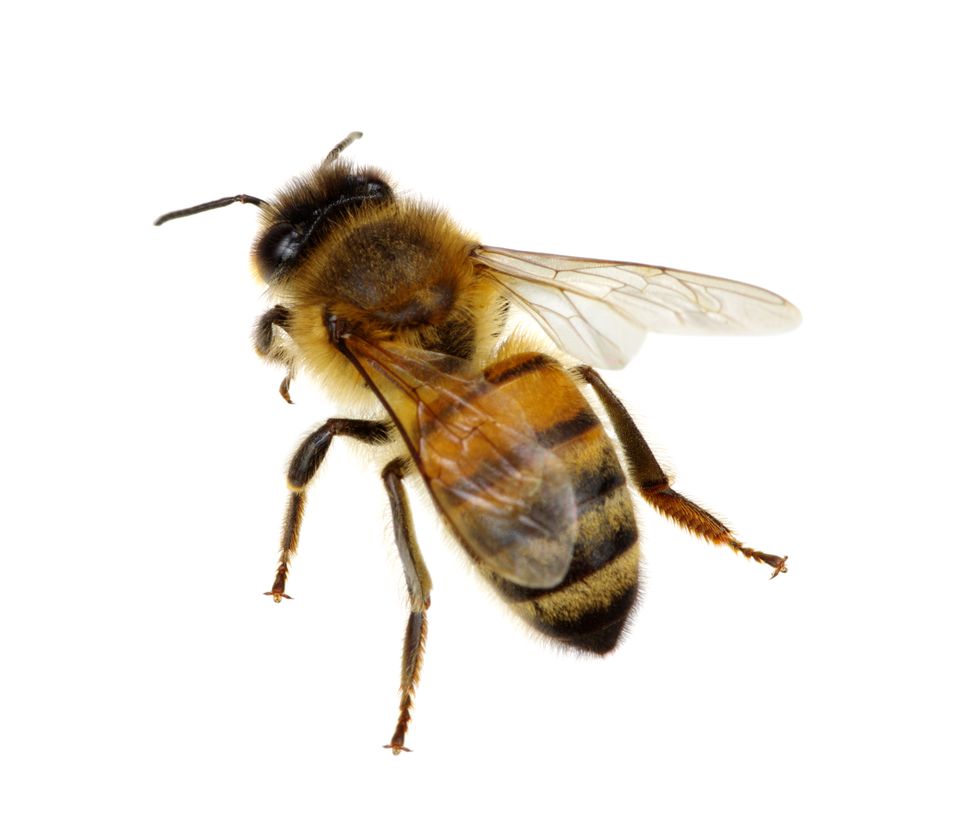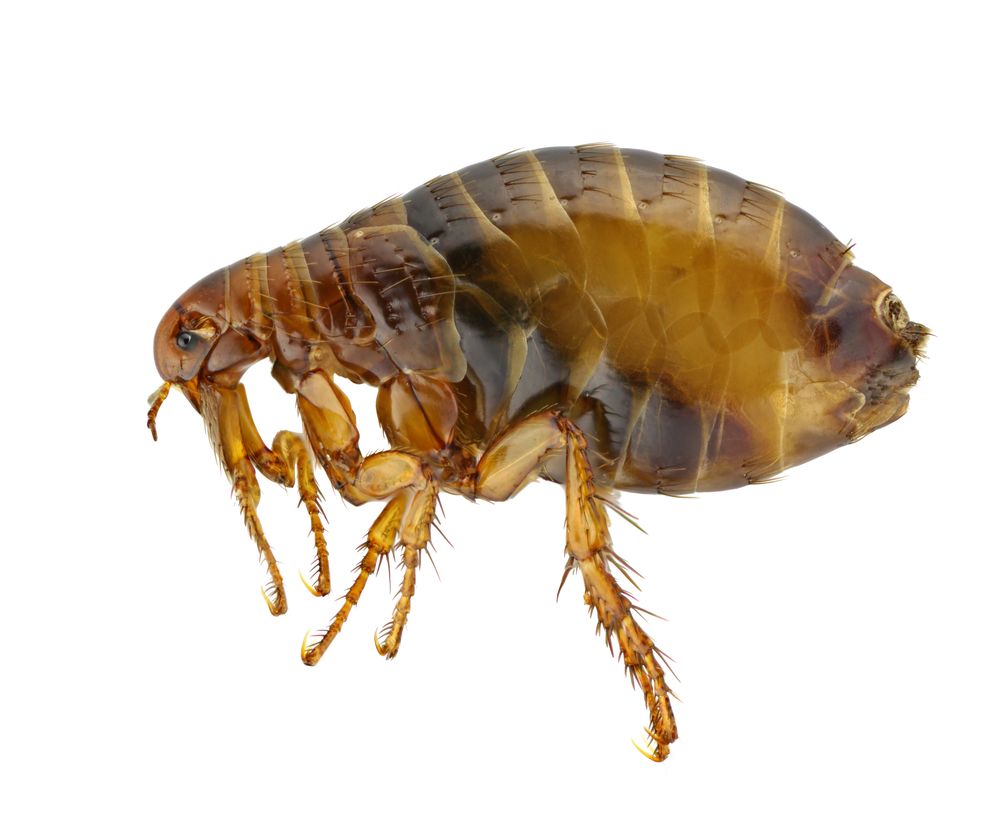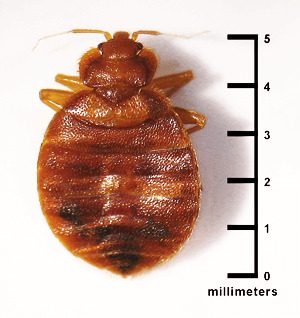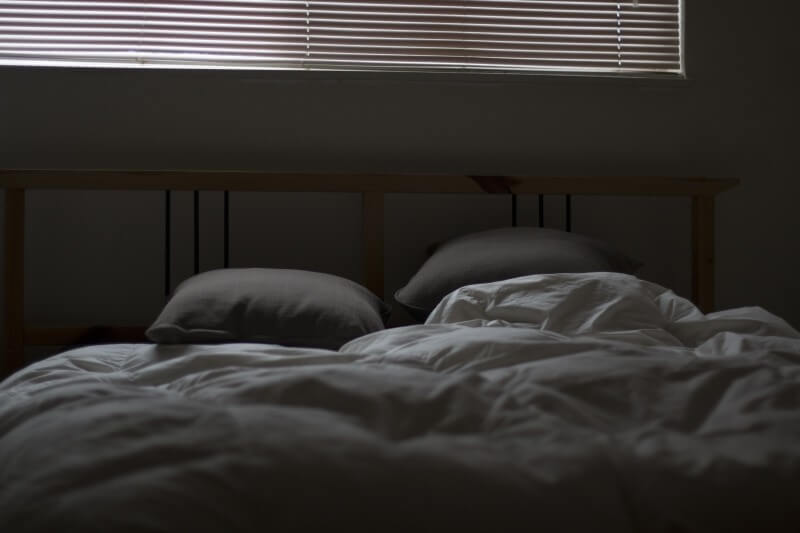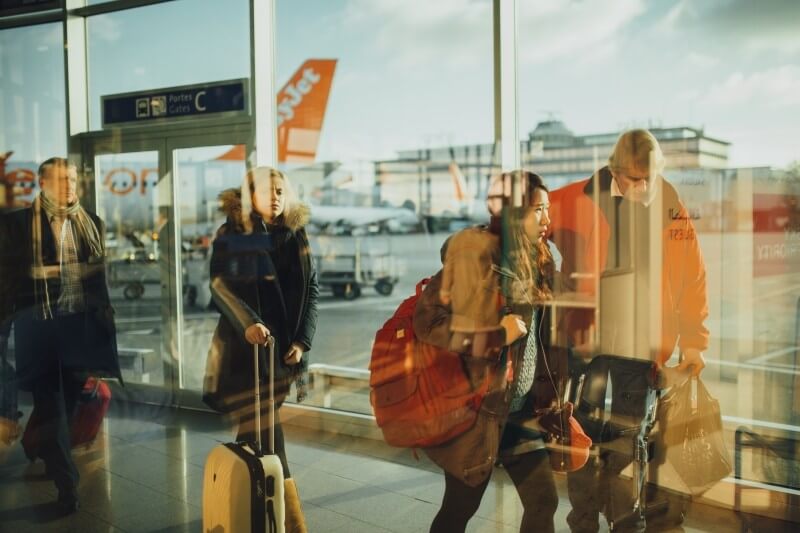Your Guide to 7 Most Common Summer and Fall Pests in Portland & Vancouver
The first step in creating a year-round pest control plan for your home is to understand the types of pests you’re dealing with. After all, how can you plan to tackle a problem if you don’t know it exists?
Here in the Portland and Vancouver area, there are a variety of insects and rodents homeowners need to be aware of. Many of these pests hibernate in the winter months and venture out during late spring and summer months.
Let’s take a look at 7 of the most common summer and fall pests homeowners in Portland and Vancouver need to be aware of.
What are the most common Summer and Fall Pests?
Boxelder Bug
As a Portland and Vancouver area resident, you’ve likely come into contact with a Boxelder Bug at one point or another. This black and red bug is often referred to as a Garage Beetle or Maple Bug and is quite the annoying character. This bug is known for crawling into your home, staining curtains and walls with its excrement, and munching away at indoor plants.
Boxelder Bugs are especially attracted to warm air currents so are much more prevalent during summer months. These bugs like to crawl into any cracks and crevices around the exterior of your home during the fall and hibernate through the winter. When warmer weather rolls around, they emerge in large numbers.
An eco-friendly pest control solution will exterminate these bugs if they’re in your home. But the best way to combat these pests is to prevent them from entering your home in the first place.
Ants
For Pacific Northwest residents, ants can be a year-round problem. We deal with many types of ants in Portland and Vancouver, but Carpenter Ants are the most destructive to your home. These ants have a nasty habit of hollowing out wood and causing structural damage.
Carpenter Ants tend to appear in warmer months. As spring and summer arrive, keep an eye out for Carpenter Ants both inside and outside your house. Here are a few things to watch out for:
- Piles of wood shavings
- Foraging trails outside your home
- High moisture areas of your home (basements & crawlspaces)
Be careful because carpenter ants have a strong bite and can break your skin. Calling a professional pest control company is always recommended.

Rodents
Rainy weather contributes to large rodent populations in the summer, making Portland and Vancouver prime locations for rodent infestations. Critters like mice and rats can cause damage to your home by gnawing on materials and eating your food.
There are a few things you can do to prevent rodents from being an issue:
- Maintain your yard, keep weeds and plants from growing up against your house
- Seal off entrance points into your house
- Keep food stored in airtight containers
 Bed Bugs
Bed Bugs
Though Bed Bugs often appear in hotel rooms, hostels, and motels, these tiny parasites can also live in your home. These bugs are especially irritating since they enjoy feeding on humans, are hard to see, and even harder to get rid of.
As temperatures rise here in the Pacific Northwest, so does a Bed Bug’s need to feed. Though these bugs can be present all year long, you’re more likely to deal with them during the summer months. There are a few common signs of Bed Bugs to watch out for on your bed:
- Reddish-black spots on your sheets
- Small brown ovals in the crevices of your mattress
- A musty odor
- Small red bites on your skin
If you believe you have a bed bug infestation, it’s important you deal with it as quickly as possible.
Bees, Hornets, and Yellow Jackets
Bees pollinate plants, produce honey, and control spider and other insect populations– but they’re not the kind of thing you want hanging in or around your home- especially if a family member is allergic to their stings.
Bees and other members of the Hymenoptera order of insects are common during the summer months. Use the following precautions to avoid getting stung:
- Do not swat at insects or flail your arms
- Stay calm and slowly walk away from the area
- Keep garbage cans tightly sealed
- Be on the lookout for nests when mowing the lawn or doing other yard work
- Always contact a professional; don’t attempt to remove a nest on your own
Yellow Jackets
Yellow Jackets are beneficial since they eat spiders and other insects. They are also typically slow to sting. But if you approach their nest they can become extremely aggressive and sting multiple times.
 Honey Bees
Honey Bees
Honey Bees not only provide honey and wax, they are also vital to our natural ecosystem. Honey Bees are unlikely to sting you unless you approach their hive. In this case, they will become defensive.

Hornets
Hornets are fierce and relentless if provoked. Bald Faced Hornets, in particular, can even shoot their venom at an attacker’s eyes. A hornet’s nest is light gray about the size of a basketball with a teardrop-like opening at the bottom and often found in trees and bushes.
Mosquitos
When summer weather hits in Portland and Vancouver, so do the mosquitos. High temperatures combined with our heavy rainfall during winter and spring months create the ideal environment for mosquito larvae to hatch.
Beyond being an itchy nuisance, mosquitos can also carry and pass along disease. There are a few simple steps you can take for keeping mosquitos away from your home and backyard area:
- Use insect repellent when spending time outside
- Set up mosquito repellent stations in your yard
- Drain standing water from unused flower pots, tarps, or anything else in your yard that collects water
 Fleas & Ticks
Fleas & Ticks
If you have a pet then you’re well aware of Flea & Tick season. At the first sign of warmer weather, it’s time to get ready to protect Fido and your entire family from an infestation.
Fleas
Though Fleas typically don’t bother humans, they can be a big nuisance for your pets. If left unchecked, a Flea infestation can transmit disease to your pet and take over your house. Make sure to use a flea collar or use a topical medication on your pet every summer and fall.
Ticks
Ticks are most often found in rural areas. If you live in a particularly wooded area, ticks are definitely something to be aware of. After spending time outdoors, do a quick once-over to check for ticks.
Deer Ticks are especially dangerous as they can cause Lyme disease. If you get bit by a tick, make sure to talk with your doctor– and bring the culprit with you, if possible.
 Rest Easy All Year With Eco-Shield Pest Insurance
Rest Easy All Year With Eco-Shield Pest Insurance
There’s nothing quite as wonderful as summer and fall in the Portland and Vancouver area. Partner with a reliable pest control company and don’t let annoying pests and rodents put a damper on this beautiful time of the year.
At EcoCare Pest Solutions, we offer a year-round pest protection service called Eco-Shield Pest Insurance. This service keeps you from worrying about pests or insect infestations in or around your home. We’ll make seasonal trips to your property to look for and eliminate 39 different types of common pests.
Eco-Shield Pest Insurance is designed to save you money and give you peace of mind knowing your home is protected from pesky insects and rodents.
Interested in learning more? Give us a call!

